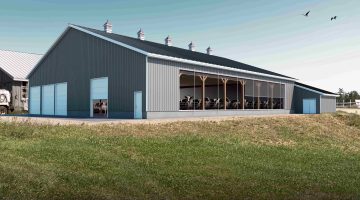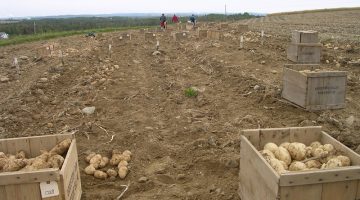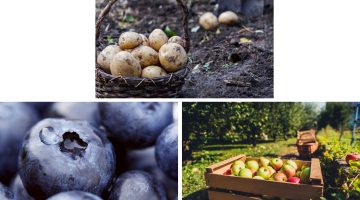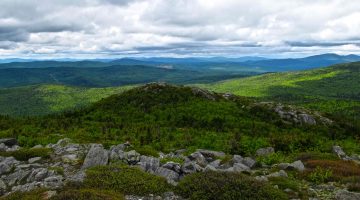UMaine leads international team to study, conserve woodcock
The American woodcock is a well known shorebird found across eastern North America. Each year, they migrate from overwintering locations in the southeastern U.S. to breeding locations across the northeastern and midwestern U.S. and southeastern Canada. To gather data on the woodcock’s migration, a team led by faculty at the University of Maine has collaborated […]
Read more









